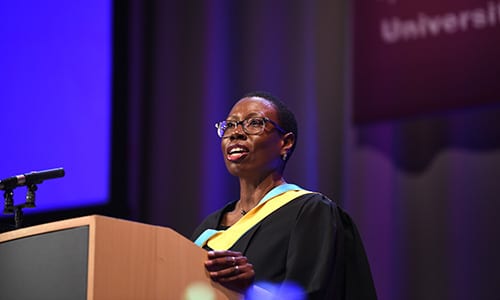The University of Brighton has climbed an impressive 16 places to secure a spot in the top 30 of the latest People & Planet University League, a prestigious ranking of 165 UK universities based on their environmental and ethical performance.
Brighton’s achievement also places it as the fourth most sustainable university in the South East, showcasing its leadership in sustainability within the region.
Continue reading “Brighton jumps into top 30 in new university sustainability league table”












